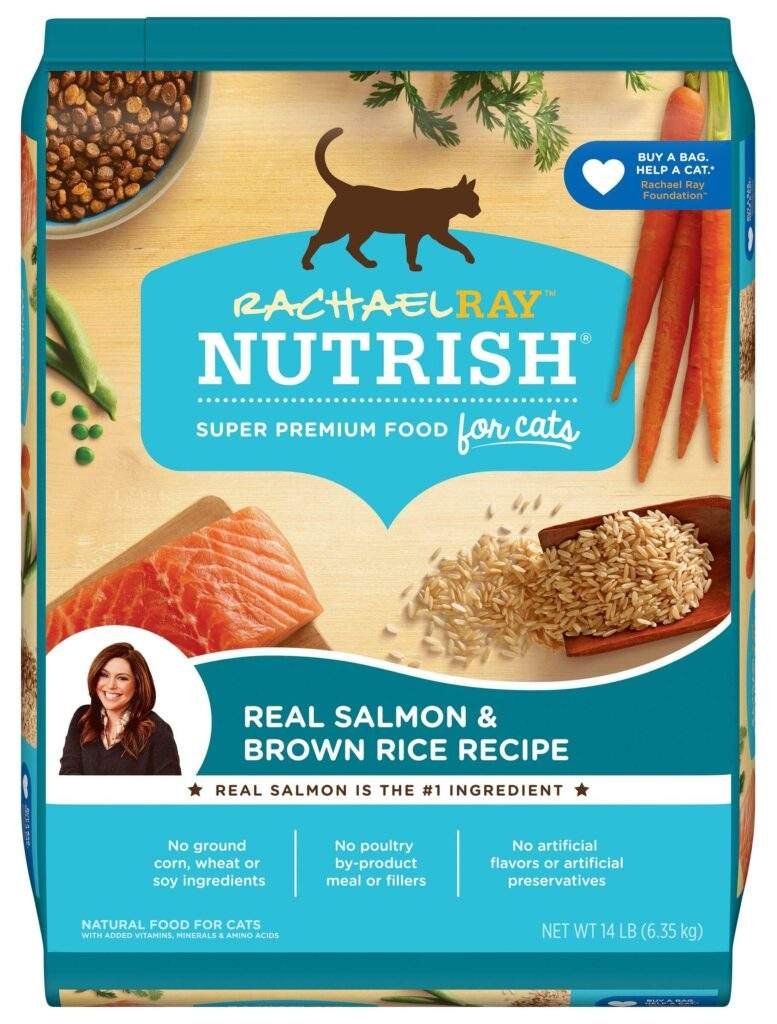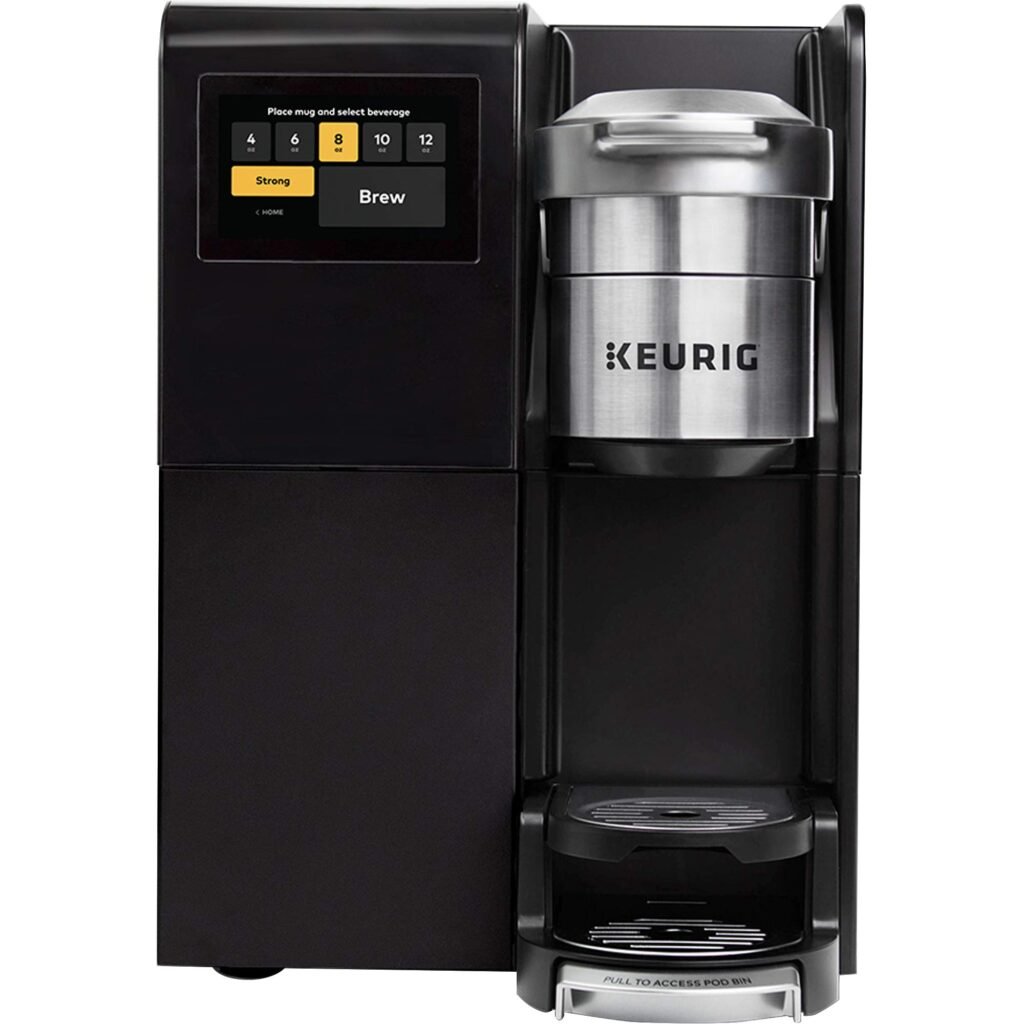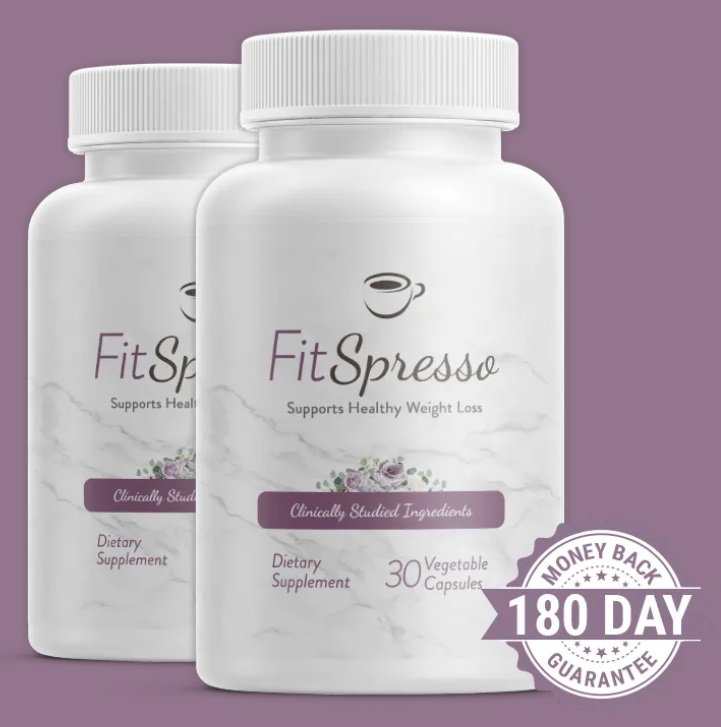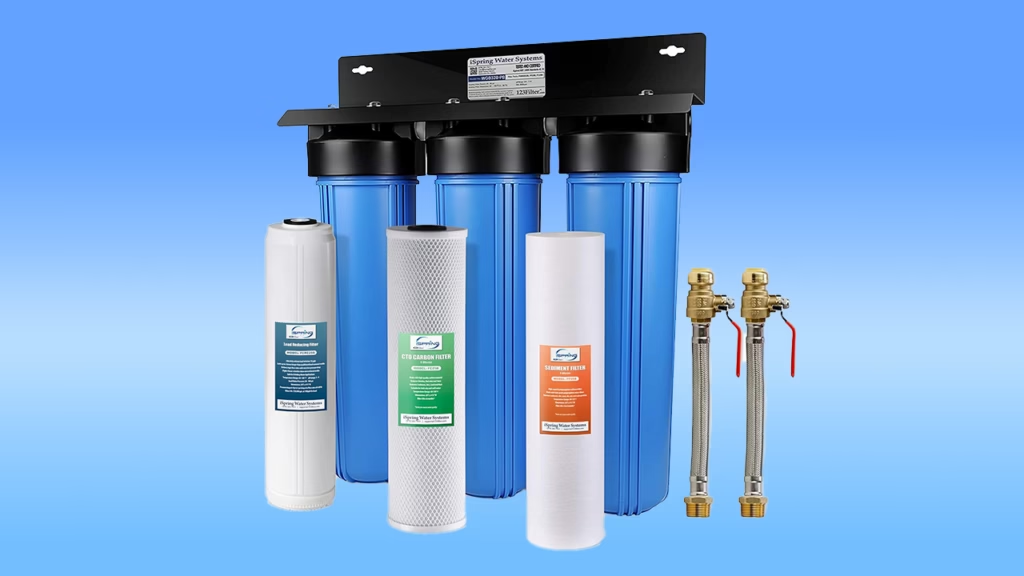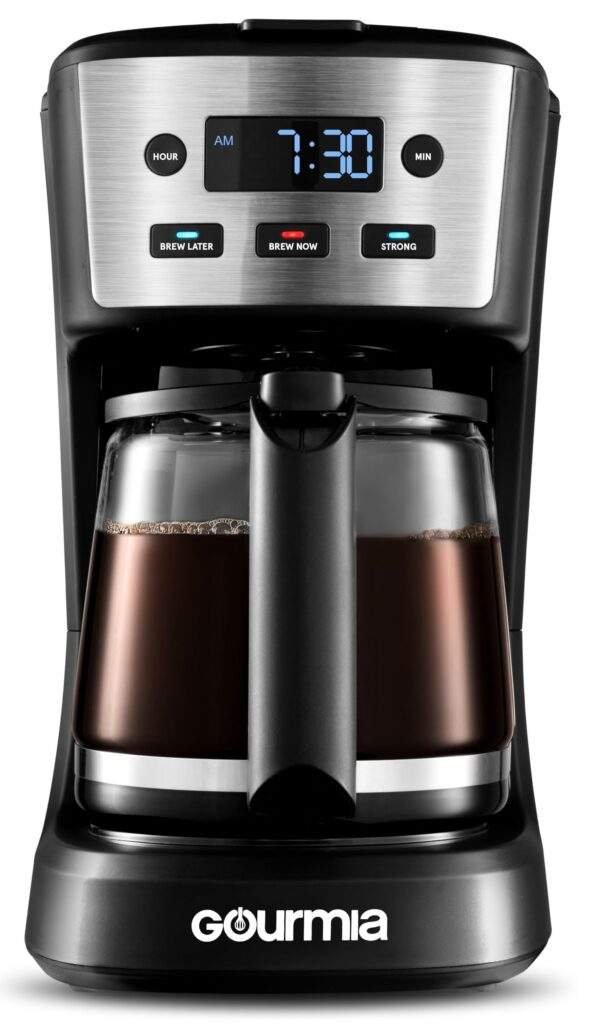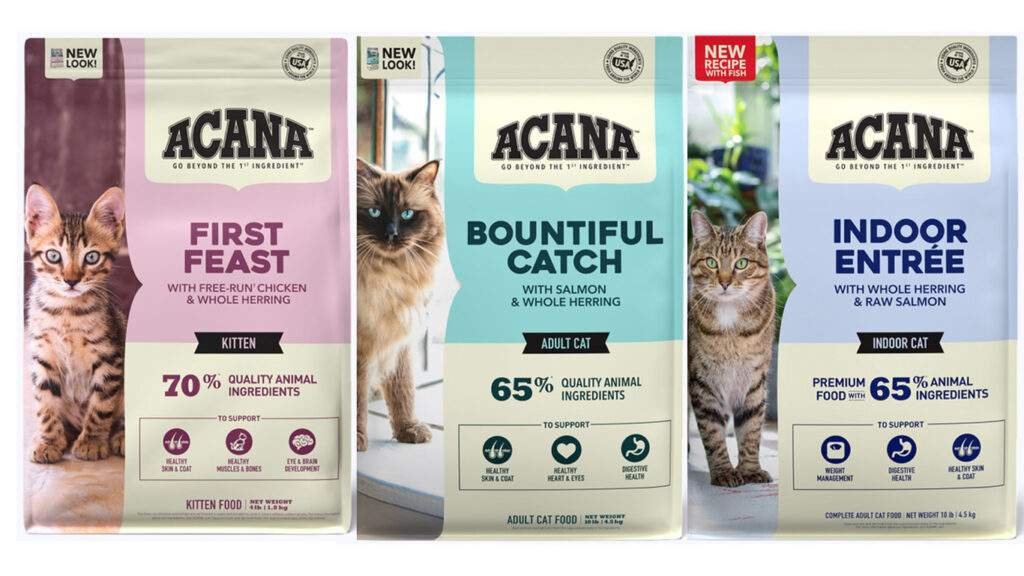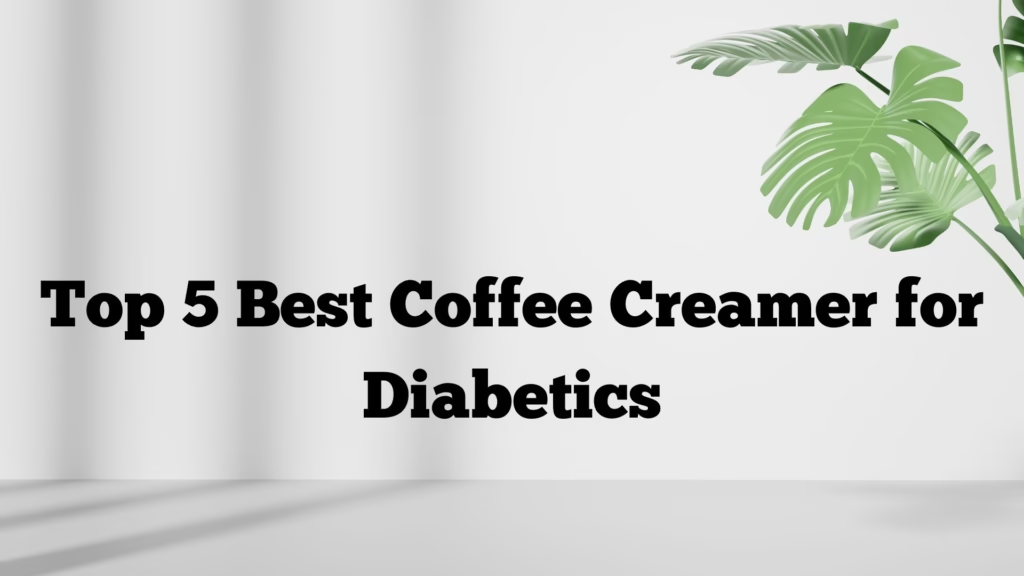Does your pup suffer from itchy skin, constant ear infections, or digestive woes?
They might have a dog food allergy! Finding the right food can be a challenge, but don’t worry. This post will guide you through the different types of allergy-friendly dog food and help you choose the best option for your furry friend.
Table of Contents
Protein Source
When it comes to finding the best dog food for allergies, the protein source is paramount. Dogs with allergies often react to common proteins like chicken, beef, wheat, corn, and soy. That’s why limited ingredient diets (LIDs) are a great option. LIDs feature a single, novel protein source, meaning a protein your dog hasn’t had before. This reduces the chances of an allergic reaction.
Here are some examples of novel protein sources to consider for your dog food:
- Venison: A rich and nutritious red meat high in iron and vitamin B12.
- Salmon: An excellent source of omega-3 fatty acids, which can promote healthy skin and coat.
- Duck: A palatable and hypoallergenic protein source.
- Rabbit: A lean protein rich in essential amino acids.

Carbohydrates
Not all carbohydrates are created equal, and this is especially true for dogs with allergies. Some grains, like wheat, corn, and soy, can trigger allergic reactions. In contrast, easily digestible carbohydrates provide essential energy for your dog and can help aid digestion.
Here are some allergy-friendly carbohydrate sources to look for in your dog’s food for allergies:
- Sweet Potato: A nutrient-rich complex carb high in fiber and beta-carotene.
- Brown Rice: A whole grain rich in fiber and essential vitamins and minerals.
- Potatoes: A readily digestible source of carbohydrates providing sustained energy.
While some dog food formulas are entirely grain-free, they may contain alternative carbohydrates like peas or lentils. While these can be good options, consult your veterinarian if your dog has legume allergies.

Novel Ingredients
Beyond protein sources, other ingredients in your dog’s food can trigger allergies. This is why limited ingredient diets (LIDs) for best dog food for allergies often go beyond just a novel protein source. LID formulas typically limit carbohydrates, fruits, vegetables, and other ingredients to a select few. This minimizes the chance that your dog will encounter an unknown allergen.
Here are some benefits of novel ingredients in dog food for allergies:
- Reduced Allergic Reactions: By introducing ingredients your dog hasn’t had before, there’s a lower chance of an allergic response.
- Improved Digestion: Novel ingredients can sometimes be easier for dogs with sensitive stomachs to digest.
- Skin and Coat Health: Certain novel ingredients, like salmon rich in omega-3 fatty acids, can promote healthy skin and coat.
Examples of Novel Ingredients in Dog Food:
- Legumes: Lentils, peas, and chickpeas are sometimes used in grain-free dog foods as carbohydrate sources. However, be sure to consult your veterinarian if your dog has legume allergies.
- Fruits and Vegetables: Sweet potato, blueberries, and cranberries are examples of ingredients that can provide essential nutrients and antioxidants while being less likely to trigger allergies.
- Omega-3 Fatty Acids: These can come from fish sources like salmon or herring, or from plant sources like flaxseed. Omega-3s can aid digestion and promote healthy skin and coat.

Probiotics & Prebiotics
A healthy gut microbiome is crucial for your dog’s overall health, and it can play a significant role in managing allergies. This is where probiotics and prebiotics come in and can be beneficial when choosing the best dog food for allergies.
- Probiotics: These are live bacteria that are similar to the beneficial bacteria naturally found in your dog’s digestive system. Probiotics can help promote a healthy balance of gut flora, potentially reducing allergic reactions.
- Prebiotics: These are non-digestible fibers that act as food for the good bacteria already present in your dog’s gut. By providing nourishment for these good bacteria, prebiotics help them thrive and crowd out harmful bacteria that can contribute to allergies and other digestive issues.
Here’s how probiotics and prebiotics may benefit dogs with allergies:
- Improved Digestion: A balanced gut microbiome can aid digestion and nutrient absorption, which can be helpful for dogs with sensitive stomachs.
- Reduced Inflammation: Probiotics may help regulate the immune system and reduce inflammation in the gut, potentially lessening allergy symptoms.
- Stronger Immune System: A healthy gut microbiome is linked to a stronger immune system, which can better defend against allergens and other challenges.
While some dog food for allergies naturally contains probiotics and prebiotics, they may also be available as supplements. Consult your veterinarian to determine if probiotics or prebiotics could be a beneficial addition to your dog’s allergy management plan.
Ingredient Quality
Finding the best dog food for allergies goes beyond just the presence of novel ingredients. Ingredient quality is paramount for ensuring your dog receives the proper nutrition while managing allergies.
Here’s what to look for when evaluating ingredient quality in dog food for allergies:
- Protein Source: Look for whole meat sources like chicken breast, salmon, or lamb, rather than meat byproducts. Whole meat provides a more concentrated source of protein and essential nutrients.
- Fruits & Vegetables: Fruits and vegetables offer vitamins, minerals, and antioxidants. While some may be allergens for your dog, others like blueberries or sweet potatoes are generally well-tolerated.
- Healthy Fats: Fats are essential for healthy skin and coat, and omega-3 fatty acids can also aid digestion and reduce inflammation. Look for foods containing ingredients like salmon, herring, or flaxseed.
Be wary of these ingredients in dog food for allergies:
- Meat Byproducts: These are lower quality protein sources that may be harder to digest and offer fewer nutrients.
- Artificial Colors, Flavors, and Preservatives: These can irritate your dog’s digestive system and potentially contribute to allergies.
- Fillers: Ingredients like corn gluten meal or wheat gluten are often used as fillers to bulk up dog food but offer little nutritional value.

Nutritional Adequacy
Even for dogs with allergies, finding food that provides complete and balanced nutrition is crucial. This is where nutritional adequacy comes in.
What is nutritional adequacy?
Nutritional adequacy refers to a dog food meeting all the essential nutrients your dog needs to thrive at their specific life stage (puppy, adult, senior) and activity level (sedentary, active, working). The Association of American Feed Control Officials (AAFCO) establishes these nutritional guidelines.
Why is nutritional adequacy important for dogs with allergies?
When managing allergies, it can be tempting to focus solely on avoiding allergens and forget about other vital nutrients. However, a nutritionally inadequate diet can weaken your dog’s immune system, making them more susceptible to other health problems.
How to ensure your dog food for allergies is nutritionally adequate:
- Look for the AAFCO statement: Reputable dog food brands will display an AAFCO statement on the food label, confirming it meets their guidelines for a complete and balanced diet.
- Consult your veterinarian: Your veterinarian can help you assess your dog’s individual needs and recommend a food that is both allergy-friendly and nutritionally adequate.
While you don’t necessarily need an image for this section, you could add a generic image of an AAFCO logo if you want to break up the text.
By prioritizing both allergy management and nutritional adequacy, you can ensure your dog receives the best possible foundation for a healthy life.
Digestibility
Finding a highly digestible dog food is essential, especially for dogs with allergies. Easy-to-digest food minimizes the burden on the digestive system, reducing the likelihood of allergic reactions and digestive upset.
Here’s how digestibility can impact dogs with allergies:
- Reduced Allergic Reactions: Undigested proteins in food particles can trigger allergic responses. Highly digestible food breaks down these proteins more efficiently, allowing for easier absorption and potentially fewer allergic reactions.
- Improved Nutrient Absorption: When food is well-digested, your dog’s body can absorb essential nutrients more effectively. This is crucial for maintaining overall health and promoting a strong immune system, which can better defend against allergens.
- Less Digestive Discomfort: Digestive issues like gas, bloating, and diarrhea can be signs of food intolerance or allergies. Highly digestible dog food is gentler on the stomach, potentially reducing these discomforts.
What makes dog food for allergies digestible?
- Limited Ingredient Diets (LIDs): By containing fewer ingredients, LIDs reduce the chance of encountering unknown allergens and make digestion easier.
- Novel Protein Sources: Proteins your dog hasn’t had before are less likely to trigger an immune response, and their bodies may be better equipped to digest them.
- Simple Carbohydrates: Easily digestible carbohydrates like sweet potato or brown rice provide energy without putting strain on the digestive system.
- Probiotics & Prebiotics: As discussed earlier, probiotics and prebiotics can promote a healthy gut microbiome, aiding digestion and nutrient absorption.

Fiber Content
Fiber is an essential part of a dog’s diet, but it’s important to find the right balance when choosing best dog food for allergies. While fiber offers digestive benefits, too much can cause issues.
How Does Fiber Benefit Dogs with Allergies?
Fiber can play a supportive role in managing allergies by:
- Aiding Digestion: Fiber helps regulate digestion and promotes the growth of beneficial gut bacteria. This can improve nutrient absorption and overall gut health, potentially reducing allergic reactions.
- Manages Weight: Fiber can help your dog feel fuller for longer, which can be helpful for maintaining a healthy weight. Obesity can worsen allergies, so weight management is a crucial factor.
Finding the Right Fiber Content in Dog Food for Allergies
While fiber is beneficial, too much can cause digestive upset in some dogs. Here’s what to consider:
- Moderation is Key: Most dog foods for adults contain around 2.5% to 4.5% crude fiber. This is a good general guideline, but consult your veterinarian for your dog’s specific needs.
- Fiber Sources: Different fiber sources have varying effects. Look for ingredients like beet pulp, a soluble fiber that promotes gut health without compromising nutrient absorption.
While you don’t necessarily need an image for this section, you could add an image of a sliced beet if you want to break up the text.
Fiber and Allergies: A Final Note
Remember, fiber content is just one aspect of choosing the best dog food for allergies. It’s important to consider your dog’s individual needs and sensitivities when selecting a food. Always consult your veterinarian for guidance on finding the right balance of fiber and other nutrients for your dog’s optimal health.
Price
Finding the best dog food for allergies doesn’t have to break the bank. Dog food for allergies can range in price depending on several factors, including:
- Ingredient Quality: Generally, food made with higher quality ingredients, like whole meat sources and limited ingredients, will cost more.
- Brand Reputation: Well-known brands may charge a premium for their name recognition.
- Availability: Specialty dog food formulas or those requiring veterinary prescription may be more expensive than readily available options.
Here are some tips for finding best dog food for allergies at an affordable price:
- Compare Prices: Research and compare prices from different retailers, both online and in pet stores.
- Consider Portion Control: While some allergy-friendly foods may seem pricier, they may be more concentrated, requiring smaller serving sizes. This can balance out the cost per meal.
- Look for Value Brands: There are reputable brands offering dog food for allergies at competitive prices. Read reviews and compare ingredients to find a good value option for your dog.
- Homemade Diets: While appealing, homemade diets for allergies require significant research and veterinary guidance to ensure they meet your dog’s nutritional needs. Hidden costs of ingredients and supplements can add up.
Brand Reputation
Choosing a reputable brand is important when selecting the best dog food for allergies. Here’s why:
- Quality Control: Established brands with a history of quality ingredients and manufacturing processes are more likely to produce consistent, reliable dog food for allergies.
- Research & Development: Reputable brands often invest in research and development to ensure their formulas are effective in managing allergies and meet evolving nutritional needs.
- Customer Reviews & Recalls: Reading customer reviews and researching a brand’s recall history can provide valuable insights into their quality standards and customer service.
However, brand reputation alone doesn’t guarantee the perfect fit for your dog. Here’s how to consider brand reputation alongside your dog’s needs:
- Ingredient Scrutiny: Don’t rely solely on brand reputation. Even well-known brands may have certain formulas that don’t suit your dog’s allergies. Always scrutinize the ingredient list.
- Veterinarian Recommendations: Your veterinarian can provide expert advice on reputable brands that offer allergy-friendly formulas suitable for your dog’s specific needs.
While you don’t necessarily need an image for this section, you could add a generic image of a veterinarian looking at a dog if you want to break up the text.
By considering both brand reputation and your dog’s individual needs, you can increase your chances of finding the best dog food for allergies that provides the right balance of quality, effectiveness, and affordability.
Dog’s Preferences
Even when you’ve found a food that ticks all the boxes for managing allergies and nutrition, palatability is still important. After all, the best dog food for allergies is one your dog actually enjoys eating!
Here’s why a dog’s preference matters:
- Nutritional Intake: If your dog dislikes their food, they won’t eat enough, leading to nutrient deficiencies and potentially worsening health problems.
- Picky Eaters with Allergies: Dogs with allergies can be especially finicky eaters. Finding a palatable food they enjoy can be more challenging but crucial for their well-being.
Tips for Considering Your Dog’s Preferences When Choosing Food for Allergies:
- Start Slowly: When transitioning to a new food, even if it’s allergy-friendly, introduce it gradually over 7-10 days to avoid digestive upset. Mix the new food with their current food in increasing amounts each day.
- Consider Flavor and Texture: Limited ingredient diets don’t have to be bland. Look for allergy-friendly formulas with flavor variations like salmon or lamb, or kibble with different textures to entice your dog.
- Small Kibble for Small Dogs: Small dogs may have difficulty with large kibble. Choose a food with a kibble size appropriate for your dog’s breed or age.
- Toppings and Mix-Ins: If your dog hesitates, try adding a small amount of warm water or unsalted, low-fat broth to their kibble to enhance the aroma. You can also experiment with toppers like a sprinkle of cooked, shredded chicken or fish.
Veterinarian Consultation
Consulting your veterinarian is essential before switching your dog’s food, especially if they have allergies. They can provide expert guidance to help you find the best dog food for allergies that addresses your dog’s specific needs.
Here’s why a veterinarian consultation is crucial for dogs with allergies:
- Diagnosis and Treatment: Your veterinarian can accurately diagnose your dog’s allergies through testing and recommend the most appropriate course of treatment, including dietary modifications.
- Underlying Conditions: Sometimes, allergies can be a sign of underlying health problems. Your veterinarian can rule out other conditions and ensure the chosen food complements their overall treatment plan.
- Individualized Recommendations: Every dog is unique, and their allergy triggers can vary. Your veterinarian can assess your dog’s specific needs and recommend a food that effectively manages their allergies while providing complete and balanced nutrition.
- Monitoring Progress: After switching food, your veterinarian can monitor your dog’s progress and adjust the diet or treatment plan as needed.
What to Discuss with Your Veterinarian About Dog Food for Allergies:
- Your dog’s allergy symptoms
- Any past allergy testing results
- Current medications or supplements
- Your dog’s lifestyle and activity level
- Budgetary considerations for dog food
While you don’t necessarily need an image for this section, you could add a generic image of a veterinarian examining a dog if you want to break up the text.
Remember, your veterinarian is your partner in keeping your dog healthy. By working together, you can create a personalized plan that effectively manages your dog’s allergies and ensures they thrive on the best dog food for allergies.
Conclusion : Best dog food for allergies
Finding the best dog food for allergies requires balancing your dog’s unique needs with effective allergy management and, of course, their taste preferences. This blog post has equipped you with valuable information to navigate this process.
Remember, the key takeaways are:
- Prioritize allergy management: Look for limited ingredient diets with novel protein sources, minimal carbohydrates, and limited ingredients overall.
- Ensure nutritional adequacy: Don’t let allergy management overshadow complete and balanced nutrition. AAFCO guidelines are your friend.
- Focus on digestibility: Highly digestible food minimizes the burden on your dog’s digestive system, reducing the likelihood of allergic reactions.
- Consider fiber content: Fiber is important, but moderation is key. Find a food with a fiber content that supports digestion without causing upset.
- Choose a reputable brand: Established brands with a history of quality and research are more likely to produce reliable dog food for allergies.
- Consider your dog’s preferences: The best food is one your dog enjoys eating. Be patient and experiment with flavors and textures to find the perfect fit.
- Consult your veterinarian: They are your partner in managing your dog’s allergies. Their expert guidance is invaluable in selecting the best food for your dog’s individual needs.
By following these tips and working with your veterinarian, you can find the perfect food that keeps your dog happy, healthy, and free from allergy symptoms. After all, a happy dog is a healthy dog!
| Image | Product | Details | Price |
|---|---|---|---|
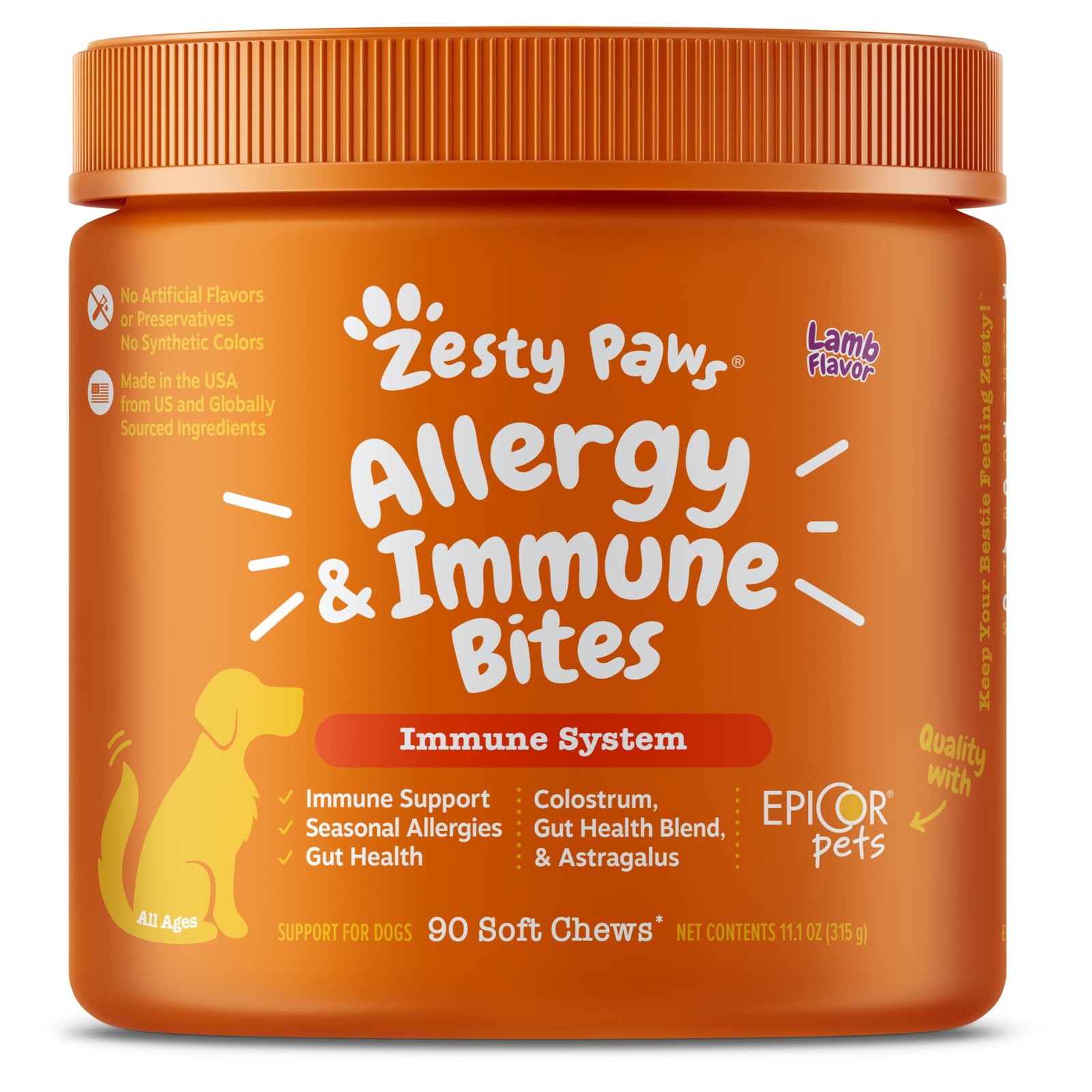 | Zesty Paws Allergy & Immune Supplement for Dogs | Brand: Zesty Paws Flavor: Lamb Item Form: Soft Chew Item Weight 0.8 Pounds | Check Price |
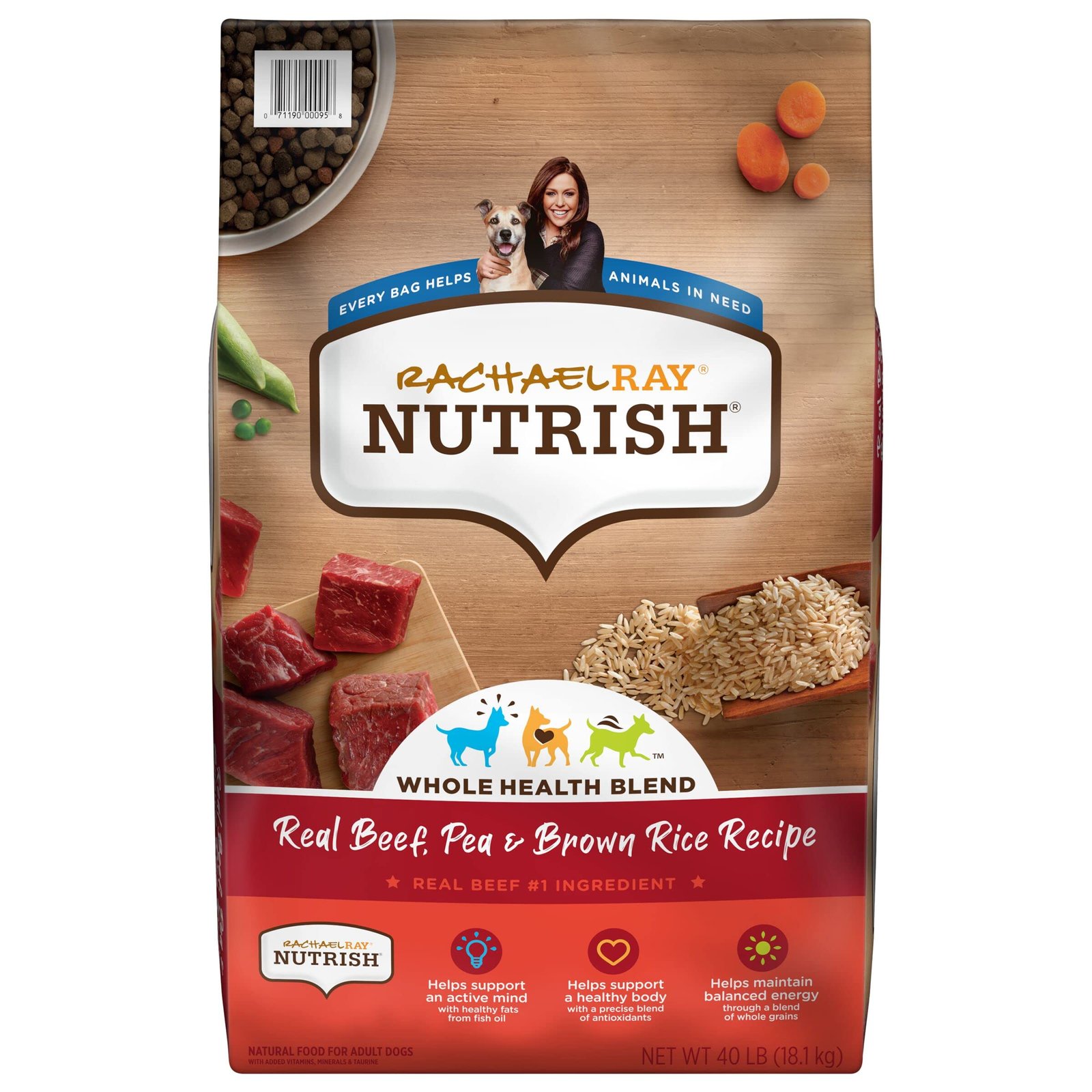 | Rachael Ray Nutrish Premium Natural Dry Dog Food | Brand: Rachael Ray Nutrish Flavor: Beef, Pea & Brown Rice. Diet Type: Gluten Free Age Range: Adult | Check Price |
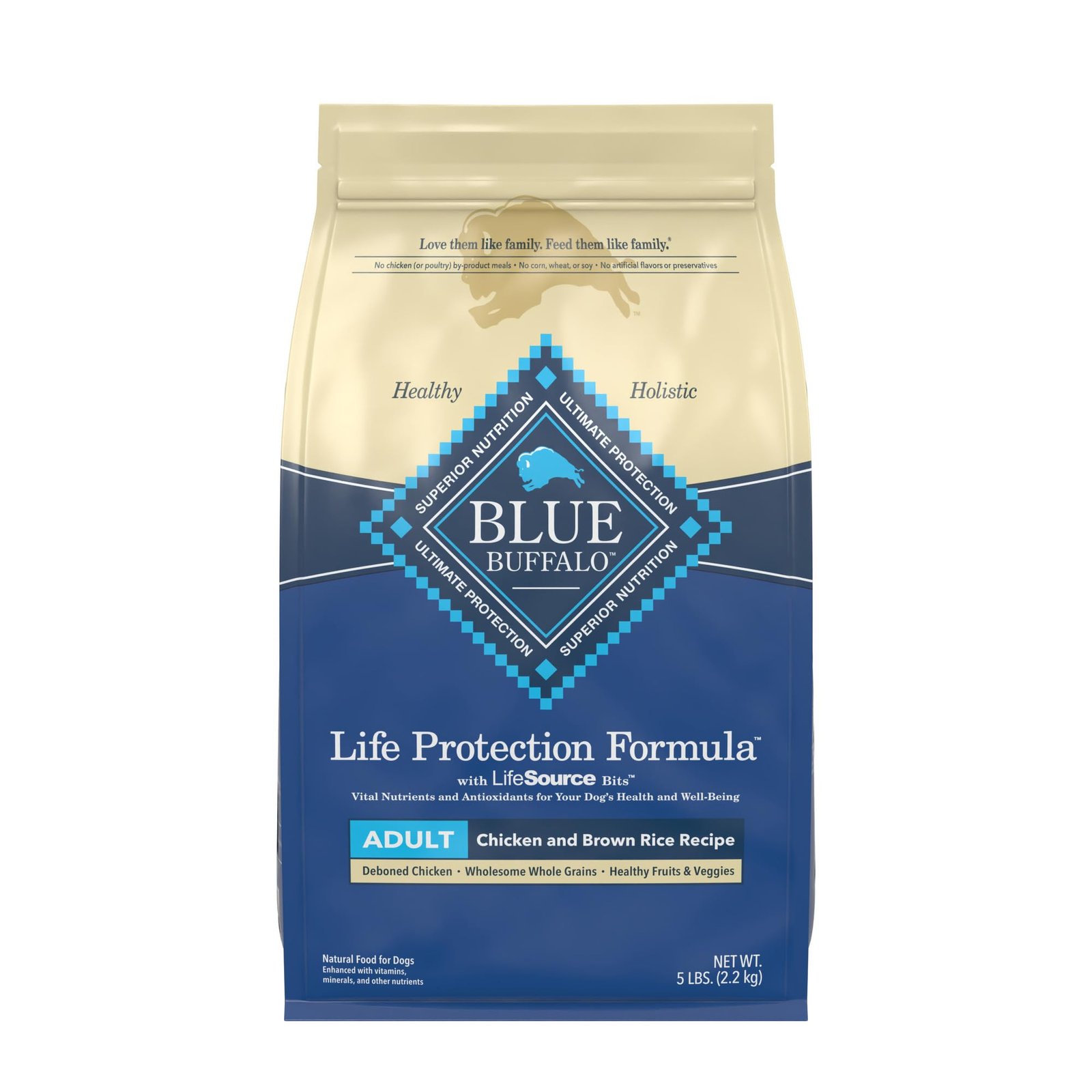 | Blue Buffalo Life Protection Formula Natural Adult Dry Dog Food | Brand: Blue Buffalo Flavor: Chicken & Brown Rice Age Range: Adult | Check Price |
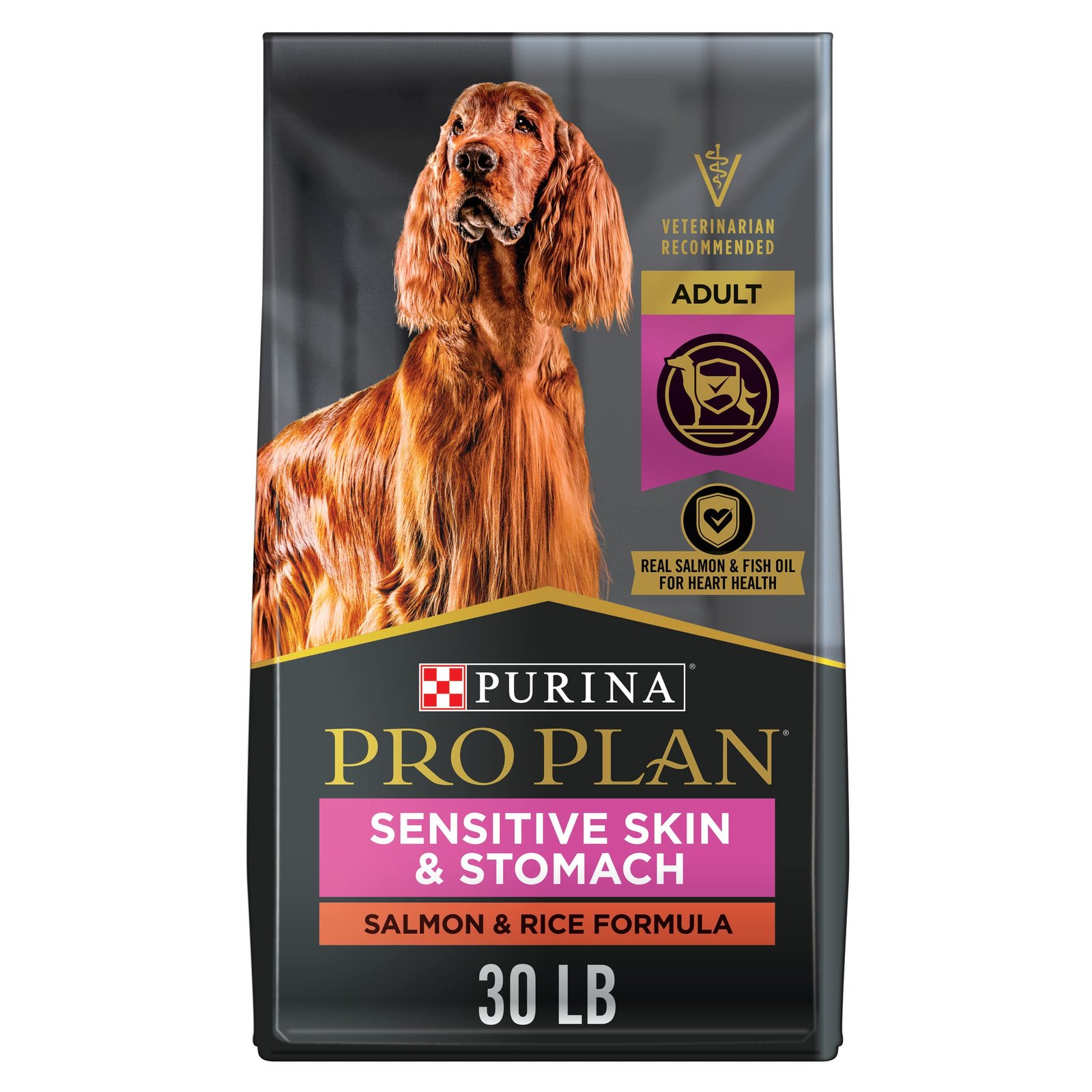 | Purina Pro Plan Sensitive Skin and Stomach Dog Food | Brand: Purina Pro Plan Flavor: Salmon & Rice Age Range: Adult | Check Price |
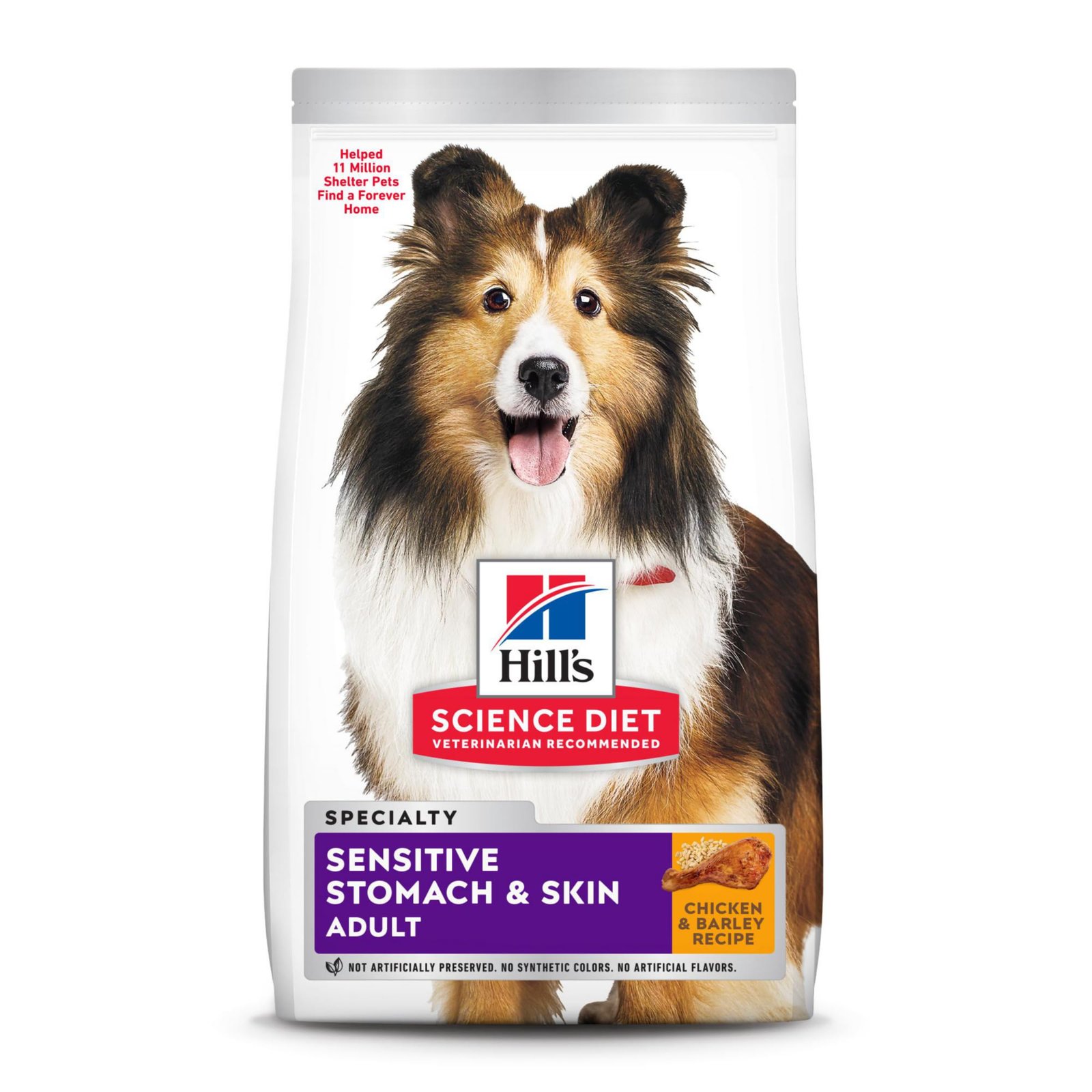 | Hill’s Pet Nutrition Science Diet Dry Dog Food | Brand: Hill’s Pet Nutrition Flavor: Chicken & Barley Age Range: Adult | Check Price |
1. Zesty Paws Allergy & Immune Supplement for Dogs – With Omega 3, EpiCor & Colostrum – 90 Count.
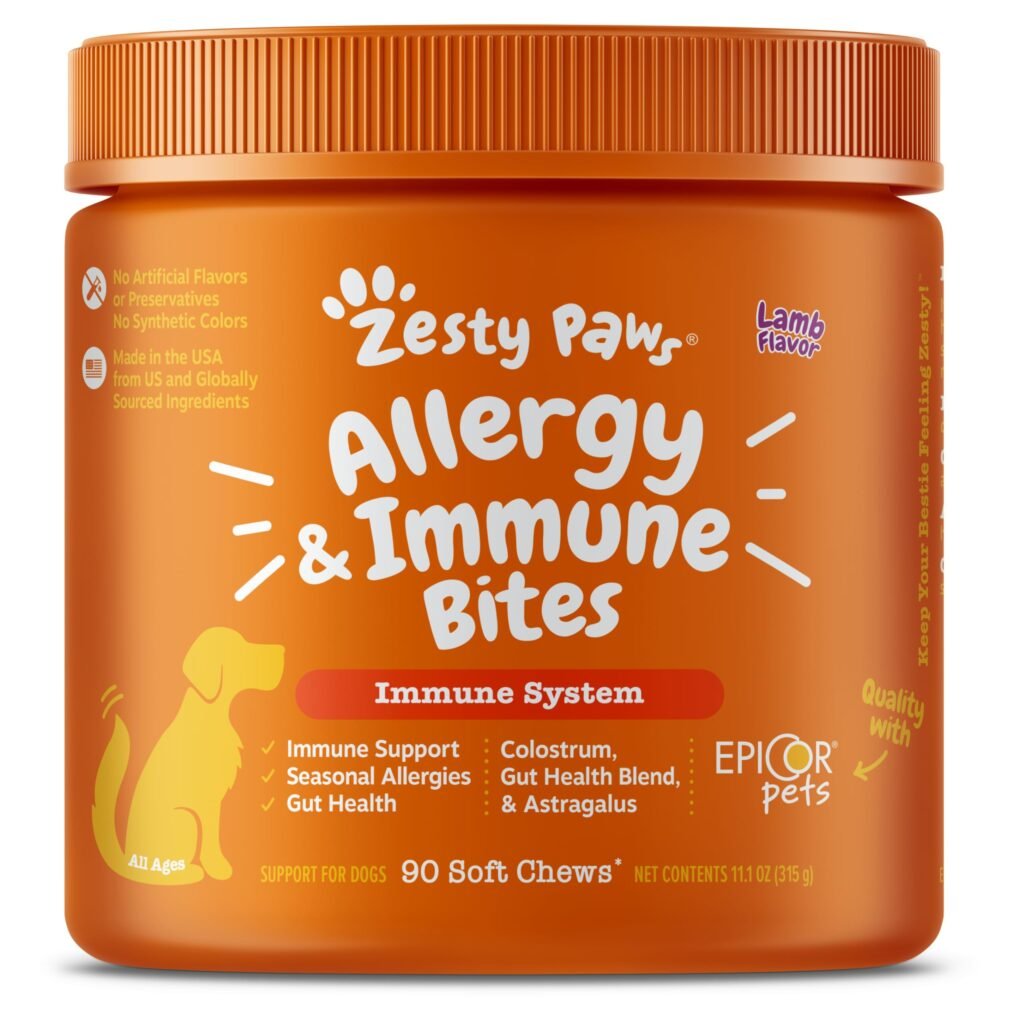
About This Item:
- America’s #1 Selling Dog Supplement Brand on Amazon*.
- Pawsome Immune Support – Zesty Paws Aller-Immune Bites are pet supplements that support immunity, digestive function, and sensitive skin, and may help maintain normal histamine levels for your doggy.
- Featuring EpiCor Pets – At 80 mg per chew, EpiCor Pets is a whole food yeast fermentate that helps support the immune system for your canine companion.
- Skin & Immunity – Includes Colostrum and Astragalus Root which may support normal histamine levels and immune response, plus Salmon Oil (with Omega-3 EPA & DHA fatty acids) for skin health.
- Gut Health – These chewables contain probiotics (with Lactobacillus acidophilus probiotic) to support normal gut flora for your pup.
- Treat Your Pup to Pawsome Ingredients – Made with premium ingredients that support digestion, immune function, and seasonal allergies, these chews are great for your doggie.
Features:
| Brand | Zesty Paws |
| Flavor | Lamb |
| Item Form | Soft Chew |
| Active Ingredients | Active: Colostrum 250 mg EpiCor® Fermentate (Made Using Saccharomyces cerevisiae) 80 mg Apple Cider Vinegar 75 mg Salmon Oil 70 mg Astragalus Root 60 mg 5-Strain Probiotic Blend (Lactobacillus acidophilus, Lactobacillus plantarum, Lactobacillus brevis, Lactobacillus fermentum and Lactococcus lactis) 250 Million CFU |
| Item Weight | 0.8 Pounds |
2. Rachael Ray Nutrish Premium Natural Dry Dog Food, Real Beef, Pea, & Brown Rice Recipe, 40 Pound Bag.

About This Item:
- Contains one (1) 40-pound bag of Rachael Ray Nutrish Real Beef, Pea & Brown Rice Recipe.
- Now more nutritious and delicious compared to previous recipe.
- Natural dry dog food for adult dogs with added vitamins, minerals and taurine.
- Includes Nutrish’s Whole Health Blend which helps support a healthy mind, body, and energy level.
- A portion of the proceeds from the sale of this product will be donated to The Rachael Ray Foundation, which helps animals in need.
Features:
| Brand | Rachael Ray Nutrish |
| Flavor | Beef, Pea & Brown Rice |
| Diet Type | Gluten Free |
| Age Range (Description) | Adult |
| Item Form | Bag |
3. Blue Buffalo Life Protection Formula Natural Adult Dry Dog Food, Chicken and Brown Rice 5-lb Trial Size Bag.

About This Item:
- REAL MEAT FIRST: Blue Buffalo foods always feature real meat as the first ingredient; High-quality protein from real chicken helps your dog build and maintain healthy muscles; Plus they contain wholesome whole grains, garden veggies and fruit.
- FOR ADULT DOGS: BLUE Life Protection Formula adult dog food contains essential proteins and carbohydrates to help meet the energy needs of adult dogs, and features omega three & six fatty acids to promote a shiny coat and healthy skin.
- ANTIOXIDANT-RICH LIFE SOURCE BITS: A precise blend of antioxidants, vitamins and minerals carefully selected by holistic veterinarians and animal nutritionists to support immune system health, life stage needs and a healthy oxidative balance.
- A NATURAL DOG FOOD: BLUE dry dog food is made with the finest natural ingredients enhanced with vitamins and minerals; BLUE contains NO chicken (or poultry) by-product meals, corn, wheat, soy, artificial flavors or preservatives.
- PACKAGING MAY VARY: Contains one (1) 5 lb. Bag of BLUE Life Protection Formula Adult Dry Dog Food, Chicken and Brown Rice.
- FORMULA ADJUSTMENTS: From time to time, we make slight adjustments to our formulas that do not impact our Guaranteed Analysis nor introduce new allergens and, as such, no transition period between formulas is necessary.
Features:
| Brand | Blue Buffalo |
| Flavor | Chicken & Brown Rice |
| Age Range (Description) | Adult |
| Item Form | Pellet |
| Specific Uses For Product | Healthy Joints, Skin and Coat,Immune System,Bone Health |
4. Purina Pro Plan Sensitive Skin and Stomach Dog Food Salmon and Rice Formula – 30 lb. Bag.

About This Item
- Oat meal is easily digestible and gentle on the digestive system.
- High protein formula, with real salmon as the first ingredient.
- Fortified with guaranteed live probiotics for digestive and immune health.
- Used to be known as FOCUS Sensitive Skin and Stomach Salmon and Rice Formula.
- Sunflower oil rich in omega-6 fatty acids for healthy skin and coat.
Features:
| Brand | Purina Pro Plan |
| Flavor | Salmon & Rice |
| Age Range (Description) | Adult |
| Item Form | Pellet |
| Specific Uses For Product | Sensitive Skin, Digestive Health, Immune Support, Skin and Coat Health |
5. Hill’s Pet Nutrition Science Diet Dry Dog Food, Adult, Sensitive Stomach & Skin, Chicken Recipe, 30 lb. Bag.
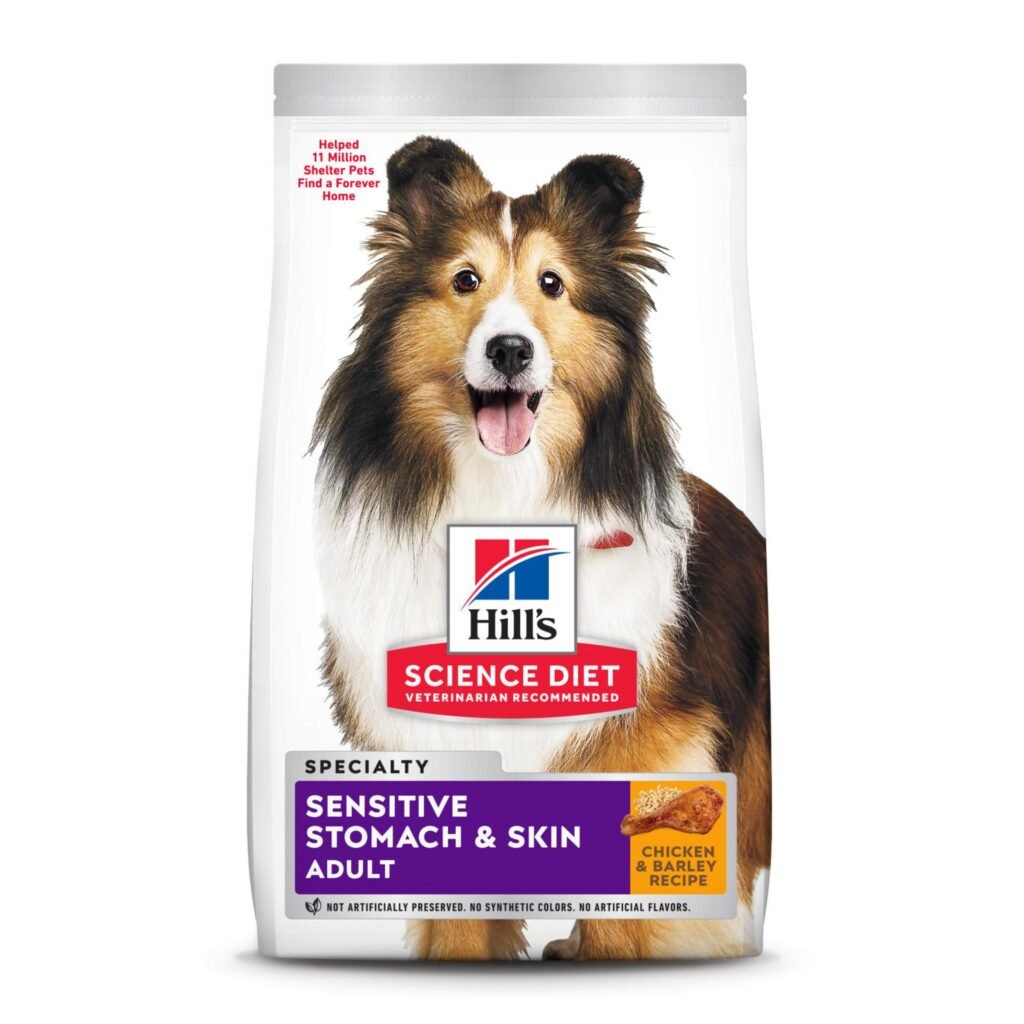
About This Item:
- This adult dry dog food promotes digestive health while nourishing skin.
- A source of prebiotic fiber to support a balanced gut microbiome in your grown dog.
- This dog food is formulated to be highly digestible for optimal nutrient absorption & easier stool pick-up.
- Packed with vitamin E & Omega-6 fatty acids to help your grown dog get a lustrous coat and healthy skin.
- Made in the USA with global ingredients you can trust.
Features:
| Brand | Hill’s Pet Nutrition |
| Flavor | Chicken & Barley |
| Age Range (Description) | Adult |
| Item Form | Pellet |
| Specific Uses For Product | Sensitive Stomach and Skin |


